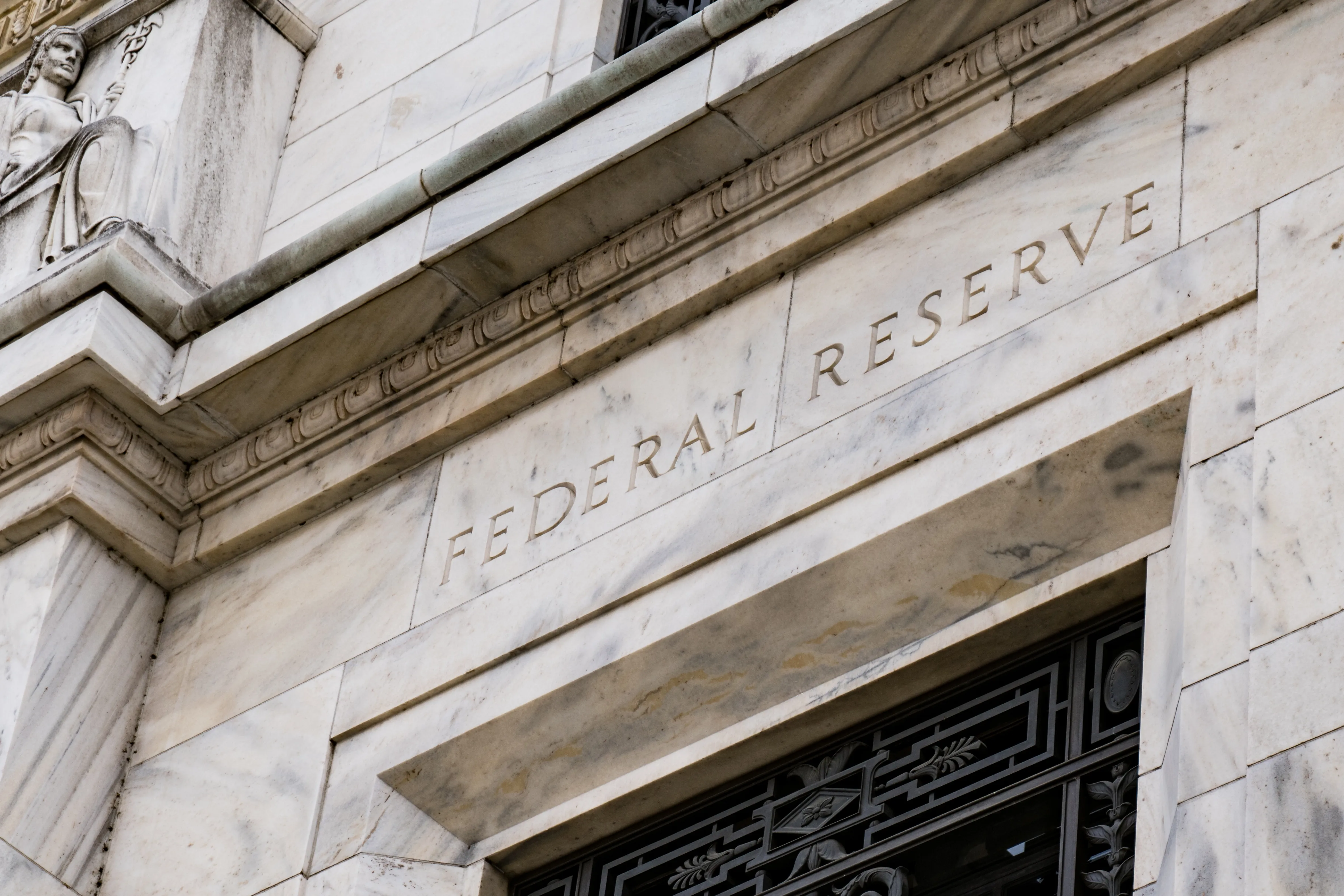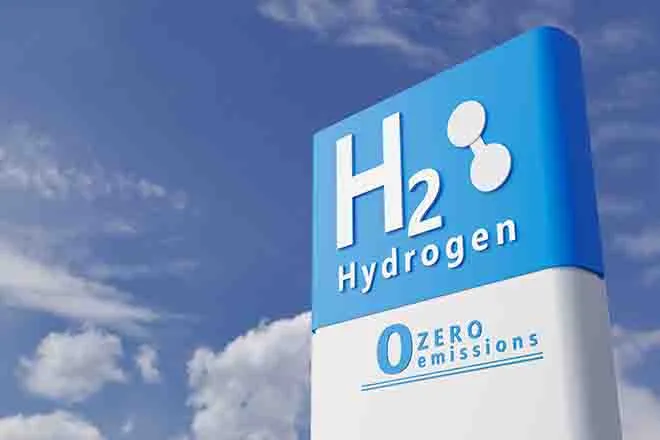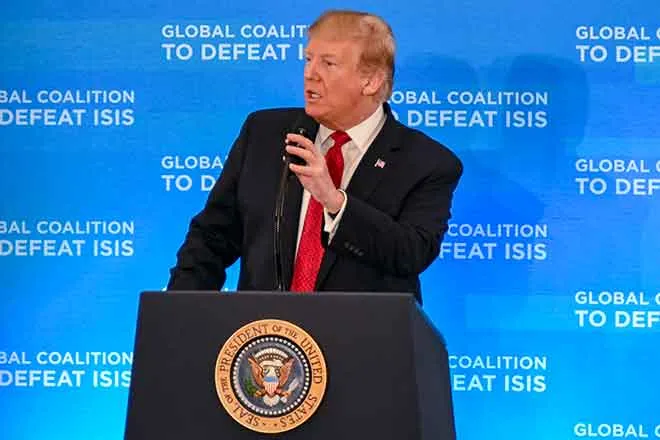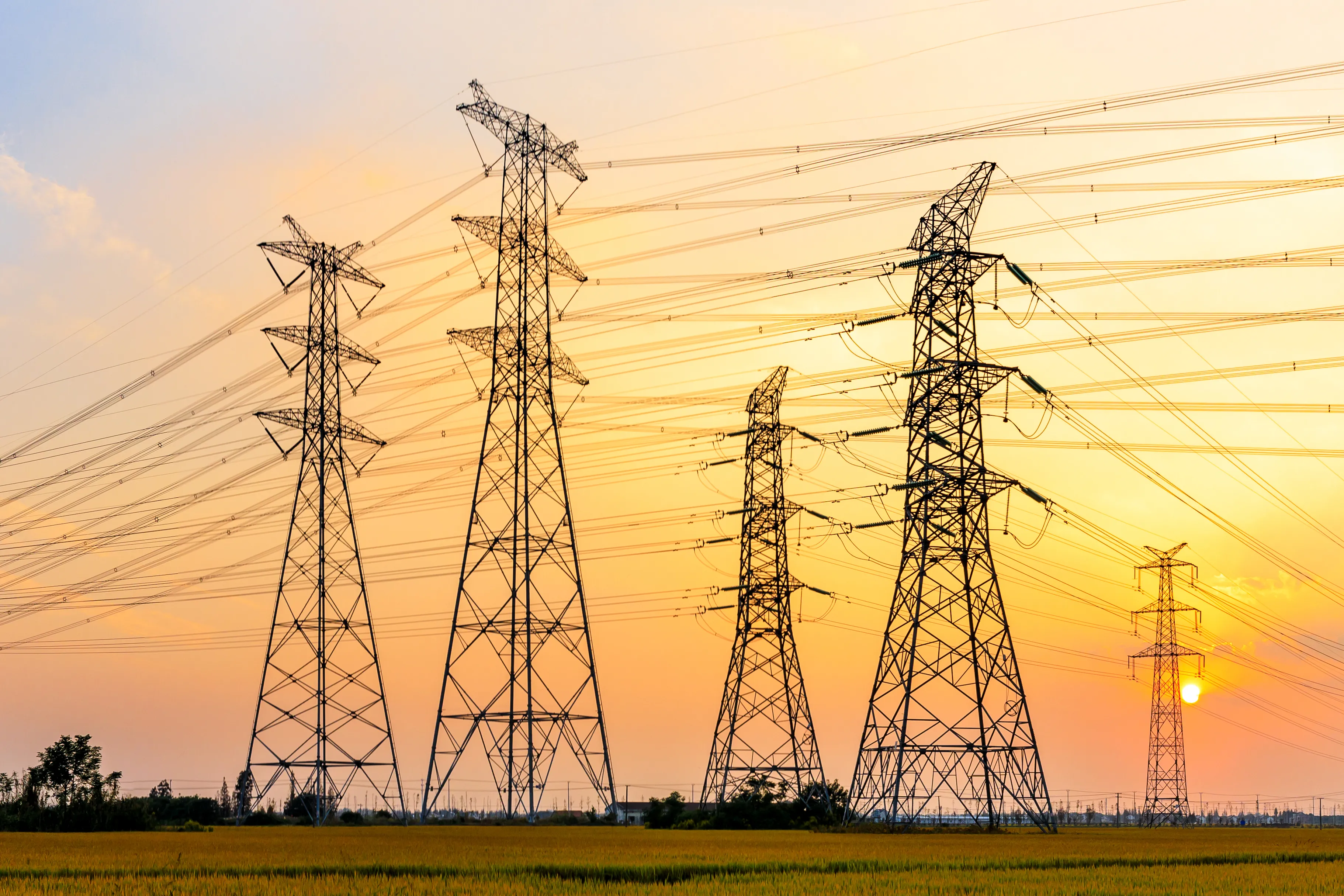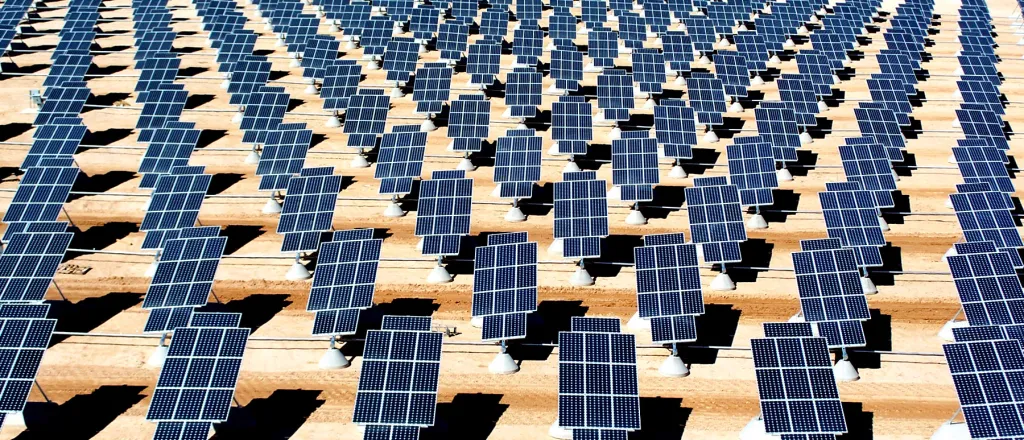
Cancellation of solar energy grants is ‘another broken promise’ for tribes, recipient says
The Trump administration’s cancellation of solar energy grants benefiting low-income households is “catastrophic for Indian Country,” according to a grant recipient that was working with tribes.
Projects for tribal and rural areas in and around South Dakota had been awarded about $260 million from the Solar for All program during the Biden administration.
The Trump administration canceled nearly $7 billion in grants from the initiative earlier this month, after the Environmental Protection Agency said the fund for the program was eliminated in the One Big Beautiful Bill Act passed by Congress and signed into law by President Trump.
Federal fallout
As federal funding and systems dwindle, states are left to decide how and whether to make up the difference.
Indigenized Energy was managing $135.6 million awarded to the Northern Plains Tribal Coalition. The five-state, 14-tribe effort included the South Dakota-based Sisseton-Wahpeton Oyate and the Flandreau Santee, Standing Rock, Oglala and Rosebud Sioux tribes.
Indigenized Energy Founder and Executive Director Cody Two Bears, a member of the Standing Rock Sioux Tribe, said the group planned to complete thousands of projects in the region — more than 1,000 in South Dakota alone. Two Bears sees solar energy as a path to job creation and skills training, as well as an opportunity to bolster tribal sovereignty and independence.
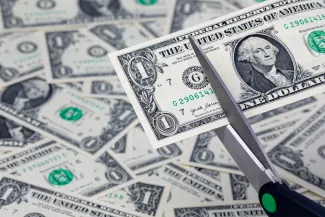
© JJ Gouin - iStock-1642293566
“It was just another broken promise to Native tribes,” Two Bears said. “It’s one of those things where we were promised opportunity and hope in these communities and for these jobs, and that was taken away by a stroke of a pen.”
Two Bears said Indigenized Energy hadn’t spent much of the grant award yet, since it was in the midst of planning and hiring for the projects. Indigenized Energy hired 20 people to carry out the projects in tribal communities and planned to hire another 70. Those 20 staff members were laid off earlier this month.
The company was able to complete two projects late last year, including a solar panel installation at a private home that leaders of the Oglala Sioux Tribe identified as a “great need.”
The nonprofit installed a residential solar system on the property with storage batteries. The system is expected to save the homeowners about $1,225 a year on electricity.
“Solar energy is going to be the option for Native tribes,” Two Bears said, “because solar is getting cheaper more and more every day, while the cost of electricity is only getting higher every month.”
Thirty Oglala Lakota tribal members participated in the installation and training. Six of the people were later hired by a solar panel installation company.
The nonprofit will likely incur more costs to close out the Solar For All program without federal reimbursements. Indigenized Energy is seeking alternative funding for the projects they had “teed up,” Two Bears said.
“It’s really our responsibility to make sure that all the work we put in up to this point was not for nothing.”
The state of South Dakota didn’t apply for any of the funding on the government level, making it one of a few states to have skipped the opportunity.
Aside from the tribal coalition, a Washington, D.C.-based “green bank” called Coalition for Green Capital pulled in another $125 million for tribal and rural projects across the Dakotas, with $62.5 million earmarked for South Dakota. The organization did not respond to South Dakota Searchlight interview requests.
Rick Bell is on the Dakota Rural Action board of directors, which helped the organization with community outreach. The group was hoping to start the project with an installation at low-income housing developments in the Rapid City area, Bell said.
“It’s a sin and a shame this is being yanked out again,” Bell said, referring to the administrative freeze on the funding earlier this year.
Even if there is another legal battle involving the funding and it is reauthorized, Bell worries the group won’t be able to meet the grant’s five-year schedule and deadline.
“We’ve already burned through a year and a half,” he said.

